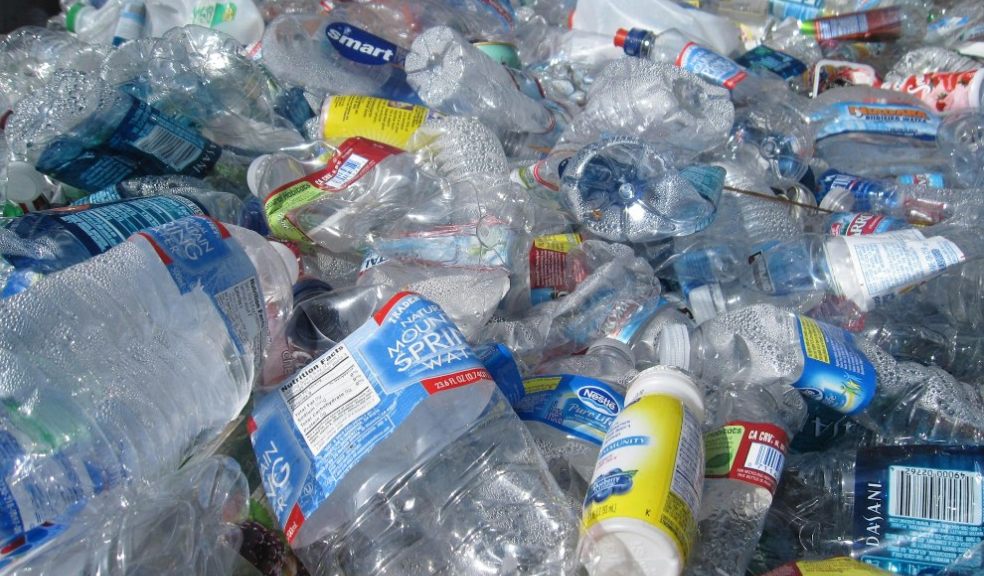
How can businesses tackle the plastics problem?
In an ideal world, plastics wouldn’t be a problem, leading to a pollution crisis that degrades ecosystems and endangers human health and livelihoods. It would be reused, recycled, or replaced with smarter alternatives that leave no trace behind. Sadly, our current reality tells an entirely different story: billions of tonnes of plastic continue to accumulate in the oceans and landfills, and businesses are highly responsible for this. However, they also have the power to change this narrative and shape a future where business growth and caring for the planet go hand in hand.
To illustrate, plastic manufacturing can traditionally be energy-intensive, but companies can make a difference by choosing to collaborate with a specialist that prioritizes sustainability. For example, experts from https://www.hsv-tmp.com/ mention using sustainable production facilities and relying on greener methods in the process, helping businesses meet their goals. Below, we dive deeper into how businesses can take action to address the plastic problem, so keep reading.
Reduce the volume of plastic packaging
Plastic packaging is still extremely common in today’s world, accounting for about 40% of all plastic waste. It’s easy to see why businesses are still using plastic for packaging goods: it’s lightweight, durable, and above all, low-cost, which makes it extremely convenient. But the consequences of relying on it so heavily are terrible: landfill waste, pollution, global warming, you name it.
The good news? It’s possible to flip the script by reducing the volume of plastic packaging used in business. Companies must take a step back and rethink their product delivery and whether packaging is required in the first place for every single product. In many instances, it’s not, and it’s possible to deliver it in a different way or remove the packaging entirely. But that’s not all that can be done. Businesses can also tackle the plastic problem in the packaging process by opting for other materials that are more eco-friendly, such as compostable ones, including glass, metal, or paper. These are more recyclable and result in less leakage – but note that they do have higher CO2 emissions.
Switch from single-use packaging to reusable
Embracing circular solutions is a smart way to tackle the plastics problem. Wherever the business model allows, investing in reusable and refillable packaging will pay off. This is something that many brands all across the globe have been doing, and have reaped benefits like waste reduction, resource conservation, and a lower carbon footprint. To make this transition, businesses need to implement systems such as deposit schemes for reusable cups, refill stations, and offer products in refillable formats to customers, whether bottles, bags, or containers.
One thing to note is that this change requires a functioning system with business viability, consumer participation, and supportive policies. Governments also need to play their part by implementing policies such as taxes on virgin plastic, single-use bans, and so on, while consumer buy-in is paramount to ensure reuse systems are successful. After all, no business is an island, and collaboration is a must when it comes to putting an end to the plastic problem and caring for the environment.
Use recycled plastics
There’s such a thing as recycled plastics, and in recent years, it has been at the forefront of the conversation in the manufacturing industry. To put it simply, this type of plastic is derived from post-industrial or post-consumer waste, with the process involving collecting, sorting, cleaning, and melting the plastic waste to produce entirely new products. Why would a business consider this solution? It reduces the amount of plastic waste ending up in oceans and landfills, and conserves energy and natural resources at the same time, so it’s a very effective solution.
Using recycled plastics in the manufacturing process also doesn’t compromise the final product’s quality, so it can safely contribute to the creation of other products, such as household items, packaging materials, automotive parts, and more. In fact, businesses can now opt for sustainable solutions even in the process of low pressure structural foam moulding, which is used to produce large, lightweight plastic parts with a cellular interior core and robust outer skin, creating durable, cost-effective components.
Educate and incentivize customers, employees, and suppliers
Don’t underestimate the power of education in the fight against the plastic problem. Raising awareness among customers, suppliers, and employees regarding the environmental impacts of plastic waste and the importance of decreasing plastic use will have a ripple effect and create a better future for generations to come. How can a business spread the message? Workshops, educational materials, and seminars on the impact of plastic waste and recycling methods can all be very valuable internally, equipping employees with a wealth of knowledge so that they can contribute effectively to the shift towards a greener future where plastic doesn’t wreak havoc.
Regarding customers, companies can make the most of their marketing and educate them on how to reduce their own consumption. A smart tactic would be to offer discounts to those who bring their own reusable cups, bags, and containers, and incorporate a deposit-refund scheme for plastic containers and bags.
Be part of the solution, not the problem
Achieving a plastic-free world is appealing, but it’s a path filled with numerous obstacles. And yet, businesses can make significant strides that can have a huge impact not only on the environment. Sure, minimizing plastic waste protects the planet, but it also changes the game for businesses themselves, and one of the biggest benefits is enhanced brand reputation. Let’s be honest, customers are more likely to support a brand that aligns with their values and given that sustainability is a growing priority for many of them, there’s no time for hesitation. In a competitive market, a strong reputation associated with environmental responsibility is a huge differentiator that will lay the groundwork for lasting impact and profitability.
Also, businesses should avoid greenwashing tactics. These are everywhere, misleading consumers about the environmental practices of a product. Not only do these tactics lead to loss of consumer trust, but they also can involve legal consequences. No business needs that, so it’s paramount to be transparent and specific, avoiding vague terms such as “eco-friendly”.
At the end of the day, businesses have power, and as long as their sole purpose isn’t making money at all costs, they act in the service of the community and the planet, making a long-lasting difference.




















